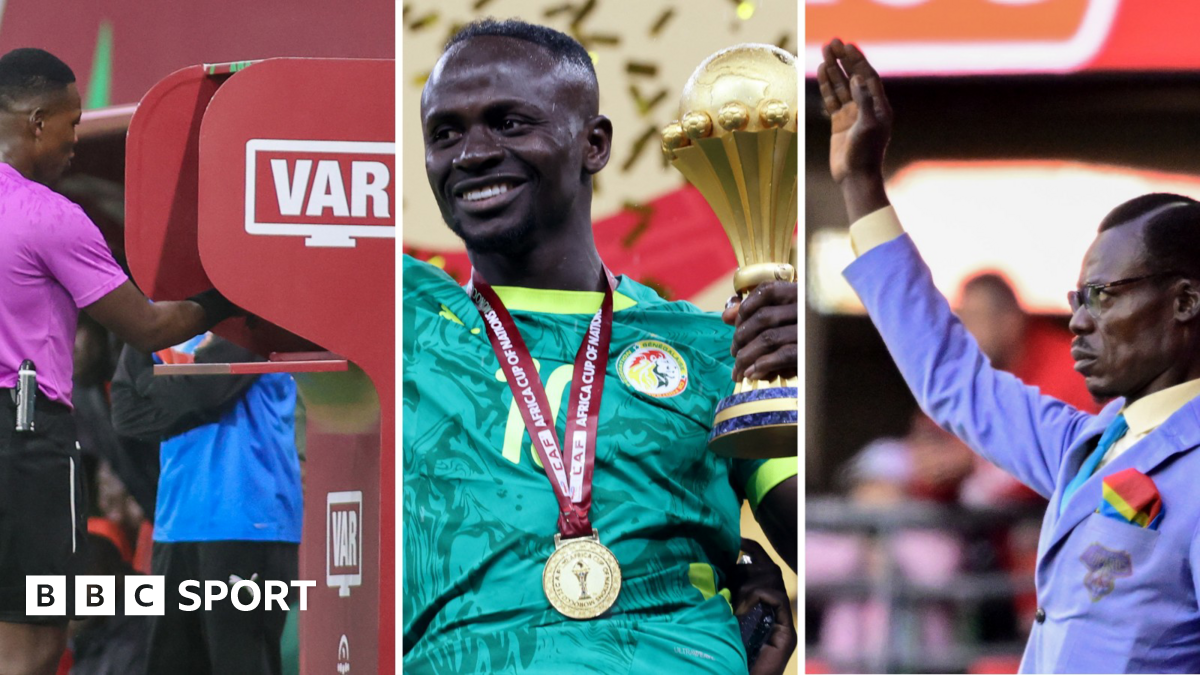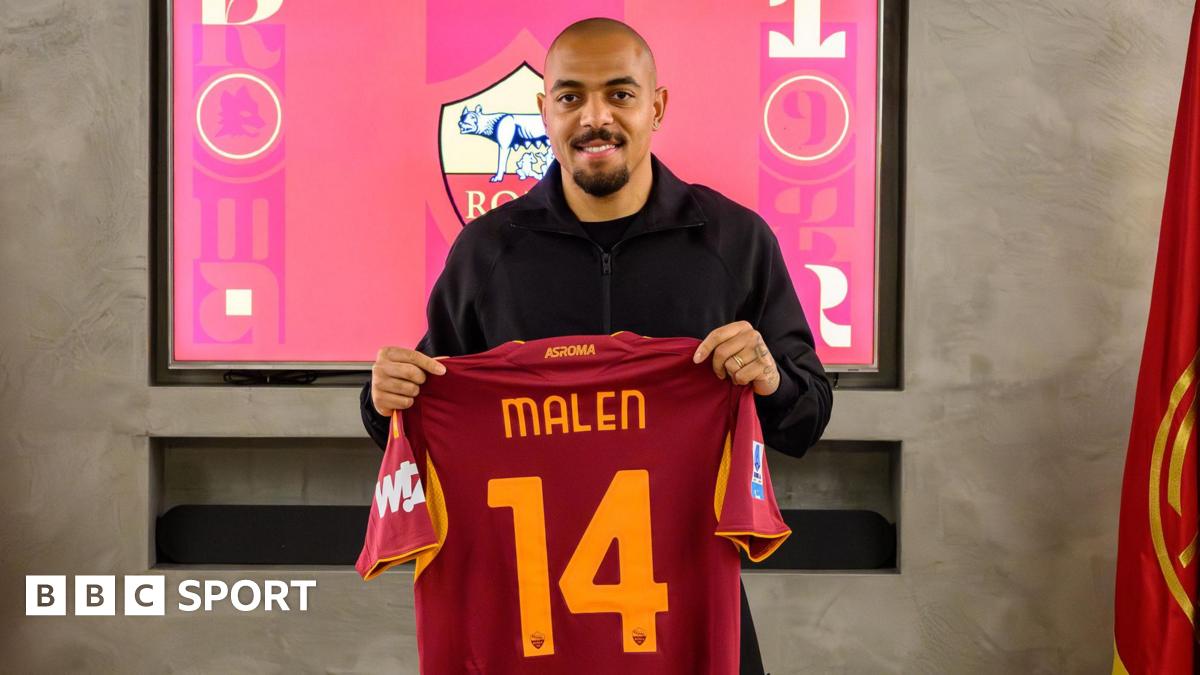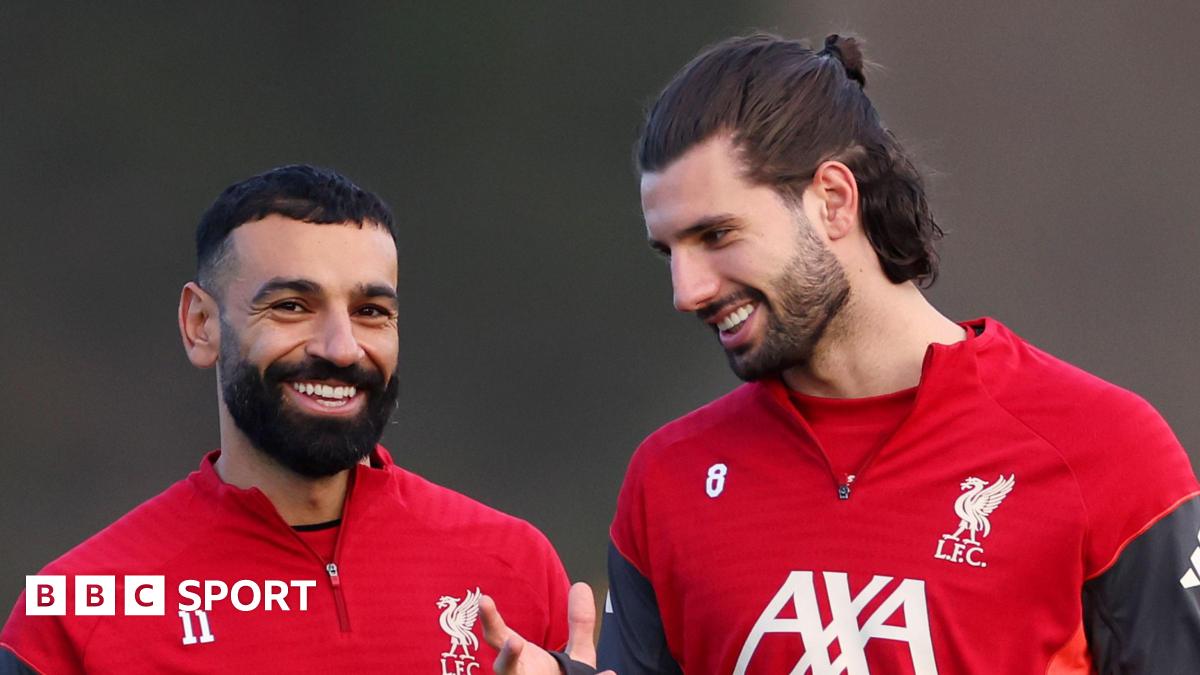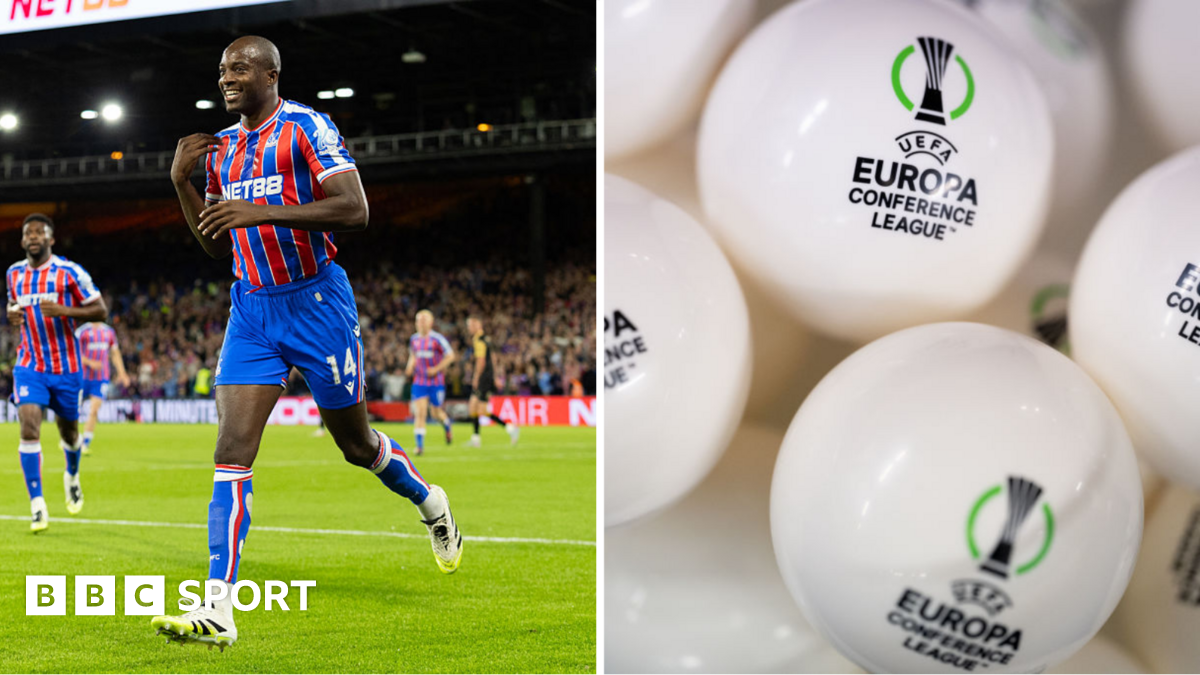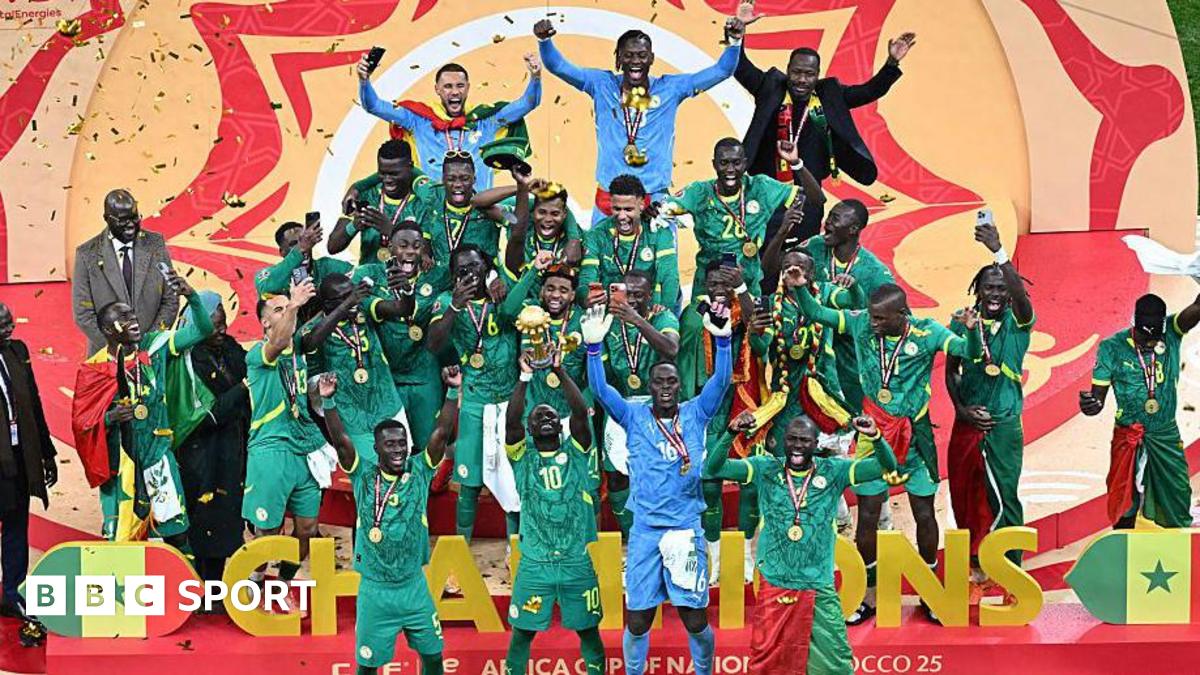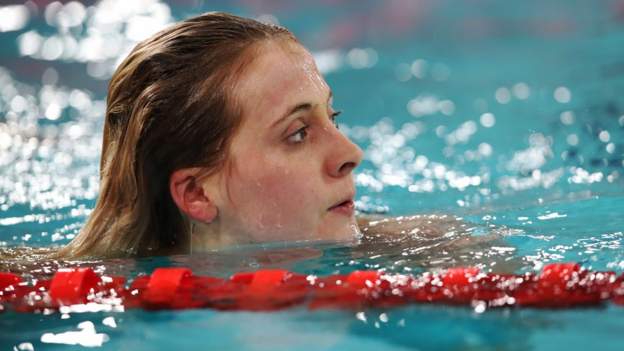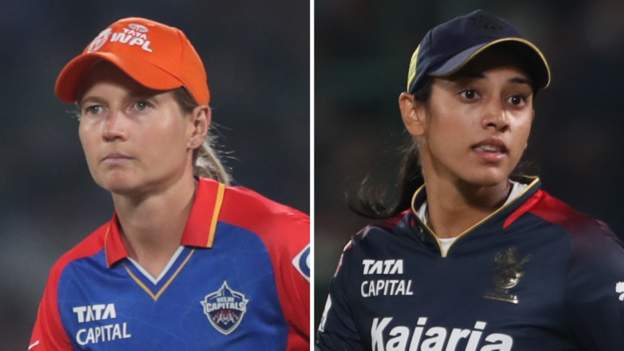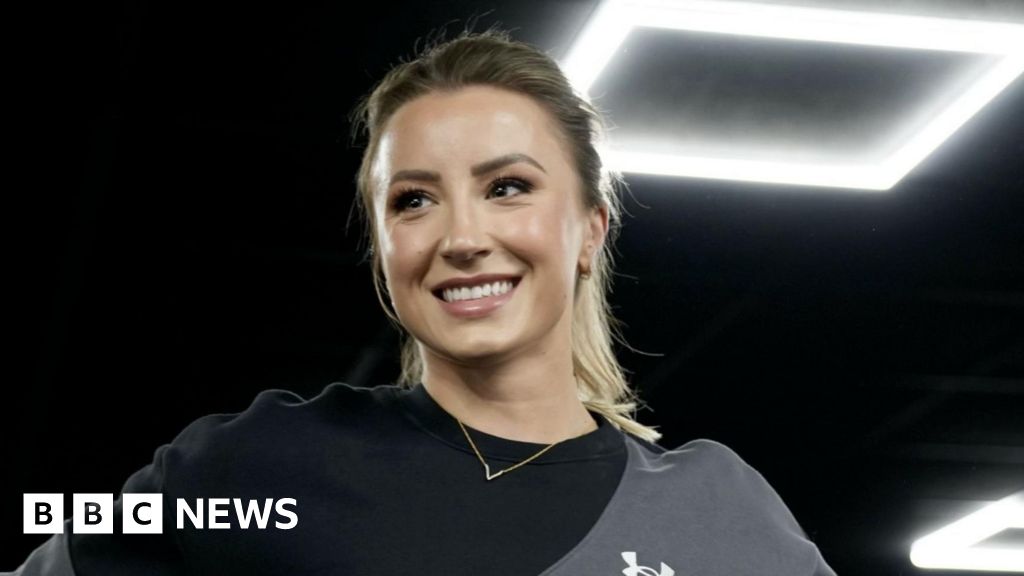Olympic silver medallist Siobhan-Marie O’Connor has retired from swimming at the age of 25 because of “debilitating” struggles with ulcerative colitis.
She was diagnosed with the condition at the age of 16, just months after competing at London 2012, but went on to claim silver at the Rio 2016 Games.
She was hospitalised by the disease in 2018 and 2019.
“Stepping away from the sport I love has been the hardest decision I’ve ever had to make,” she told BBC Sport.
A flare-up earlier this year saw her miss the British Tokyo Olympic trials.
“I’m very disappointed I haven’t been able to compete at the Tokyo Olympics, but I’m so proud of all that I’ve achieved in my career,” she added.
Ulcerative colitis is a chronic inflammatory bowel disease which affects the lining of the large intestine and – as O’Connor has previously described – often leaves her extremely fatigued and with a weakened immune system.
“Having colitis is like having food poisoning every day of your life – you’re drained, in pain and have unfortunate symptoms of food poisoning,” she said.
“Sometimes I’d be so tired that I’d end up sleeping for 19 hours of the day.
“Despite all of the setbacks I’ve always felt it was mind over matter, but my body has been battered and bruised and each flare-up has taken its toll.”
The Bath-born swimmer was the youngest member of the Team GB swimming squad at London 2012 and two years later claimed a stunning haul of six medals – including 200m individual medley gold – at the Glasgow Commonwealth Games.
European and world relay titles followed before she produced the defining moment of her career with an Olympic silver at Rio 2016, where she set the current British record of two minutes 6.88 seconds in her specialist 200m individual medley event.
O’Connor defended her Commonwealth crown at Gold Coast 2018 and won European short course bronze in late 2019 before competing – for the final time at an international meet – as part of the London Roar line-up at the International Swimming League last year.
“There have been so many highlights but the silver in Rio is the pinnacle and a dream come true,” she told BBC Sport.
“The medal was amazing, but also the response from people when they learnt about how I’d achieved it with my condition, which made me so proud.
“It’s an invisible illness which impacts so many people, but there is such a taboo and stigma that people often internalise their worries which can make their condition worse.
“Before Rio I was embarrassed to talk about it and the side effects, but when I did it helped others open up which in turn helped me, so hopefully people will feel more confident to speak about their situation in the future and they’ll realise they can still achieve their dreams.”
O’Connor recently completed journalism studies and hopes to combine her passion for sport with work in the media industry.




